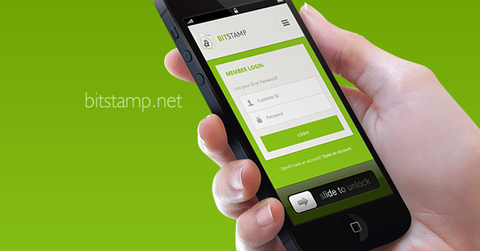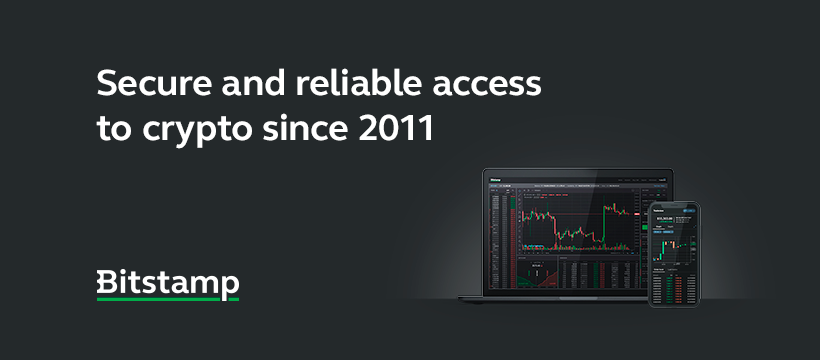Is Bitstamp Legit? All About the Crypto Exchange
Before diving into crypto exchange Bitstamp, find out if it's a legitimate platform that's worth your while. What fees are involved?
Sept. 30 2021, Published 11:44 a.m. ET
Bitcoin has been around since July 2010, when the first Bitcoin traded near $0 per coin. Just a year later, the Luxembourg-based duo Nejc Kodrič and Damijan Merlak founded a crypto exchange called Bitstamp. It was one of the first crypto exchanges on the market.
Here's what to know about Bitstamp, including whether or not it's a legit platform with reasonable fees.
Bitstamp has a long history in the cryptoverse.
Cryptocurrency has only existed for a little over a decade, which makes Bitstamp unique in the fact it has been around since 2011. Currently, the market is saturated with crypto exchanges. There are hundreds of active exchanges. Coinbase, one of the most popular exchanges in the U.S., just went public in 2020. Coinbase was the first crypto exchange to go public. All the while, Bitstamp has held its place without much controversy.
You can pay with fiat on Bitstamp.
Bitstamp is accessible in that it accepts payment with fiat currency. Fiat is a government-issued currency like the U.S. dollar or euro.
Technically, Bitcoin has been a government currency ever since El Salvador made it a legal tender alongside the U.S. dollar in early September. However, it's still considered an alternative asset.
Not all crypto exchanges allow fiat payments, so Bitstamp has that going for it.
Is Bitstamp easy to use?
Despite its fiat currency payment option, Bitstamp isn't the most user-friendly platform for beginners. The interface has improved over the years, but the platform still has a lot of advanced front-facing options.
Bitstamp says that its interface is intuitive. This means that it's designed well but with experienced traders in mind.
How to start using Bitstamp
To get started, users must register, set up two-factor authentication (a must for crypto exchange security), verify their identity, and fund the account to start trading.
Bitstamp's altcoin offerings are expanding.
For a while, Bitstamp only offered five cryptocurrency options—Bitcoin, Bitcoin Cash, Litecoin, Ethereum, and Ripple. Now, they offer 39 assets including Ethereum 2.0, Gemini Dollar, FTX Token, and Algorand's native coin.
Still, Bitstamp isn't keen on small-time altcoins, even those that have been memefied (like Dogecoin and Shiba Inu).
How to get around Bitstamp fees
Some assets on Bitstamp have fees associated with trading. If you want to trade a fee-less asset, find the ones that say "zero fee" beside the name. Right now, that includes Tether, The Graph, and Compound.
If you're just depositing or withdrawing cryptocurrency as is, you won't need to pay a fee to Bitstamp. However, trading fees under $10,000 incur a 0.5 percent fee. The bigger the trade, the smaller the fee.
European Union traders get charged a SEPA (Single Euros Payment Area) fee of 3 euros per withdrawal. International wire transfers, debit card purchases, and credit card purchases all carry a fee, but wire transfers are the cheapest of the three.
Bitstamp is safe, but not the best option for beginners.
Keeping crypto assets secure is extremely important. Digital assets aren't insured by traditional bank organizations like FDIC. Fortunately, Bitstamp's institutional-grade security and 24/7 customer support team help keep things on track.
The platform maintains that 98 percent of assets are stored safely offline (a cold wallet) and personal data is kept highly encrypted.
Still, a more beginner-friendly platform might suit some investors who have yet to master the crypto language and interface.


